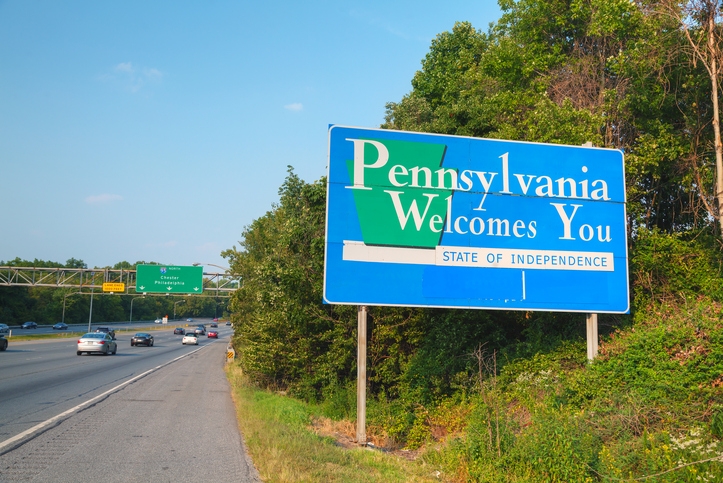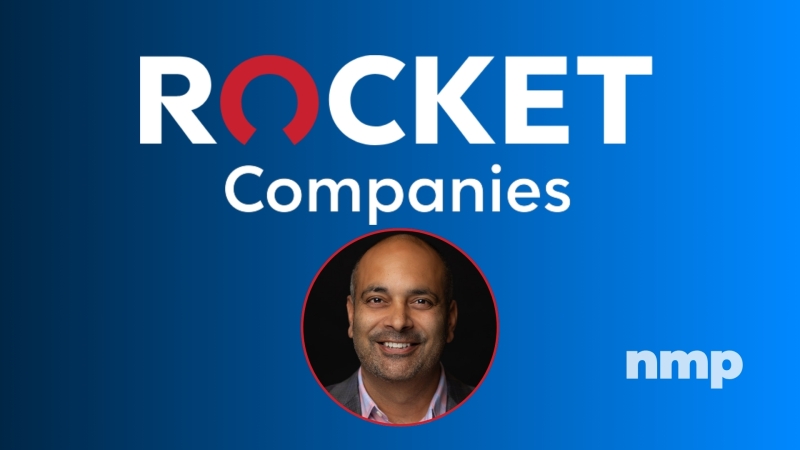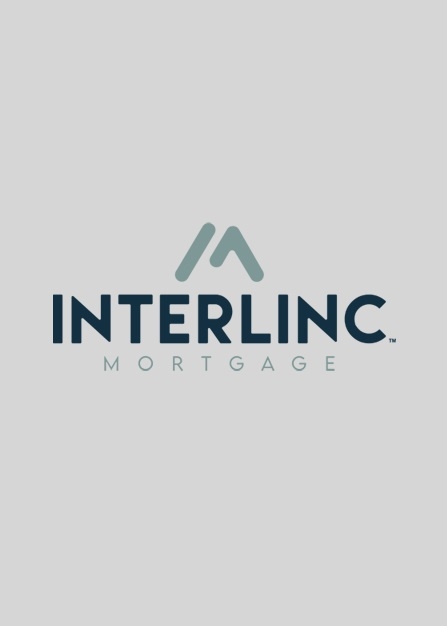Advertisement
Pennsylvania Mortgage Servicers Now Required to Get Licensed and Bonded

As of June 2018, Pennsylvania non-bank mortgage loan servicers have to get licensed in order to operate in the state. The changes are introduced by Senate Bill 751, which makes alterations to the Pennsylvania Mortgage Licensing Act (MLA).
The bill sets licensing requirements for mortgage servicers, such as meeting surety bond requirements, as well as posting a fidelity bond. Licensees will also need to meet fixed level of net worth criteria.
The bill was signed on December 22, 2017 by Governor Tom Wolf. It is now known as Act 81. Here are the essential facts about the new legislation that you need to know if you want to run a mortgage servicing business in Pennsylvania.
The changes with the new bill
In most states across the country, mortgage servicers have to obtain a license prior to conducting their activities. With Senate Bill 751, Pennsylvania becomes the next state that introduces a regulatory procedure for this type of mortgage professionals. In this way, it aims to guarantee better compliance of mortgage servicers with federal and state laws.
The changes with the new bill
In most states across the country, mortgage servicers have to obtain a license prior to conducting their activities. With Senate Bill 751, Pennsylvania becomes the next state that introduces a regulatory procedure for this type of mortgage professionals. In this way, it aims to guarantee better compliance of mortgage servicers with federal and state laws.
By amending the state’s Mortgage Licensing Act, legislators aim to bring legal clarity and ensure higher safety standards for the general public. The new legislation comes as a legal answer to cases of consumer complaints from servicers in Pennsylvania.
As of June 30, 2018, most servicers will need to be duly licensed and bonded. Exempt from the licensing will be lenders who serve only loans that they own or have originated, as well as banks, credit unions and attorneys. No license will be required of servicers who serve less than four loans per year as well. You can review the full list of regulations here.
For offences committed by servicers, the current MLA fines of $10,000 per occurrence apply as well. Servicers’ licenses can also be revoked and suspended, if deemed necessary.
Besides the licensing criteria, the new bill also introduces important definitions of key terms and sets disclosure rules. It creates a wholesome legal framework for mortgage servicers in Pennsylvania.
The licensing requirement for PA mortgage servicers
With the introduction of the bill, the Department of Banking and Securities becomes the regulatory body that oversees non-bank mortgage loan servicers in the state. It takes over the responsibility to ensure that mortgage servicers comply with the Consumer Financial Protection Bureau’s regulations at 12 CFR, Pt. 1024.
The licensing requirement for PA mortgage servicers
With the introduction of the bill, the Department of Banking and Securities becomes the regulatory body that oversees non-bank mortgage loan servicers in the state. It takes over the responsibility to ensure that mortgage servicers comply with the Consumer Financial Protection Bureau’s regulations at 12 CFR, Pt. 1024.
License applicants will have to submit their documents through the Nationwide Multistate Licensing System (NMLS), similarly to most other mortgage professionals in the U.S. You will be able to file your application starting April 1, 2018.
The licensing process for non-bank mortgage servicers will entail obtaining a $500,000 surety bond. You will also need to get a fidelity bond in a sufficient amount set by the authorities, and the bond should be approved by the Federal National Mortgage Association or the Federal Home Loan Mortgage Corporation.
Mortgage servicers will also need to maintain a minimum of $250,000 net worth at all times during the licensing period. You will have to cover licensing fees as well. Initial licenses cost $2,500 for the first office and $1,250 for each additional branch. For renewals, the fees are $1,000 for the principal office and $500 for additional ones.
Meeting the bonding criteria
One of the major licensing requirements you have to comply with if you want to run a mortgage servicing business in Pennsylvania is to obtain a $500,000 surety bond. The bonding functions as an extra layer of security for the state and consumers.
Meeting the bonding criteria
One of the major licensing requirements you have to comply with if you want to run a mortgage servicing business in Pennsylvania is to obtain a $500,000 surety bond. The bonding functions as an extra layer of security for the state and consumers.
For example, if a customer is subjected to any damages as a result of your actions as a mortgage servicer, they can file a claim against you. On proven claims, affected parties can receive a compensation that is up to the bond amount you have posted. In the case of Pennsylvania mortgage servicer bonds, this is $500,000.
In order to get bonded, you don’t need to cover the whole required amount. You only have to pay a small percentage of it, which is often between 1% and 5%. This is called the bond premium and is determined on the basis of your personal and business finances. The better your overall profile is, the lower your bond cost is likely to be.
 Todd Bryant is the President and Founder of Bryant Surety Bonds. He is a surety bonds expert with years of experience in helping business owners get bonded and stay compliant.
Todd Bryant is the President and Founder of Bryant Surety Bonds. He is a surety bonds expert with years of experience in helping business owners get bonded and stay compliant.
About the author





